Category: Browse by field
Serial Forms
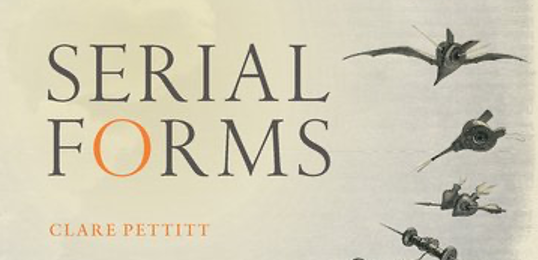
By Clare Pettitt, Professor of Nineteenth-Century Literature and Culture at King’s College London
The 5th of June 1846 was a boiling hot day. It was so hot that Elizabeth Barrett, soon to become Elizabeth Barrett Browning, ‘could do nothing but lie on the sofa and drink lemonade and read Monte Cristo’. She wrote to Robert Browning that she had started ‘“Le Comte de Monte Cristo,” the new book by Dumas, (observe how I waste my time . . .) & really he amuses me . . . six volumes I am glad to see.’ She was not alone: Dumas’s newspaper novel, The Count of Monte Cristo, was everywhere that year. It was running in various languages in serial magazines and abridged in the cheap penny papers across Europe and America. Ralph Waldo Emerson remembered “falling back” on long serial novels by Dumas and Dickens on his voyage to Europe from America in 1847. Dickens’s new novel Dombey and Son was coming out between October 1846 and April 1848 and was eagerly consumed by the literate and semi-literate alike. In the 1840s, then, the print serial had begun to cross languages, countries, classes, and genders. The form was creating new international readerships and a new rhythm of reading.
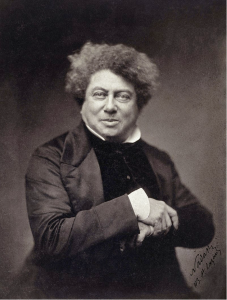
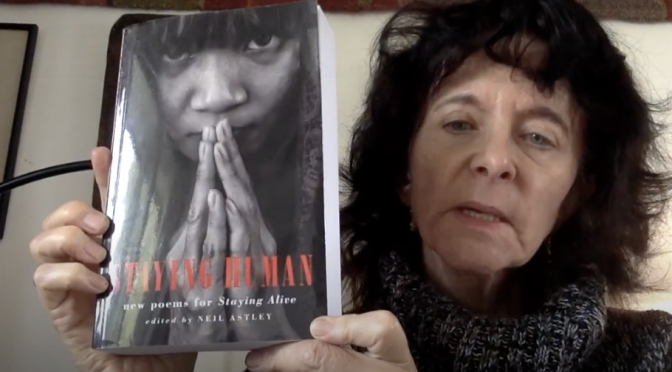
Ruth Padel, Professor of Poetry at King’s College London reads from her poem ‘Still Life with a Map of the World Outside the Window’ from the new anthology Staying Human: New poems for Staying Alive, edited by Neil Astley and published by Bloodaxe Books.

Six members of the King’s English Department have pulled together a list of the books, poems, and writing that have been inspiring them during lockdown.
This post was originally posted on Between the Acts, a space for writing by students of the Faculty of Arts & Humanities, and shared via the Offer Holder Hub by Ellen Englefield and Hannah Hungerford.
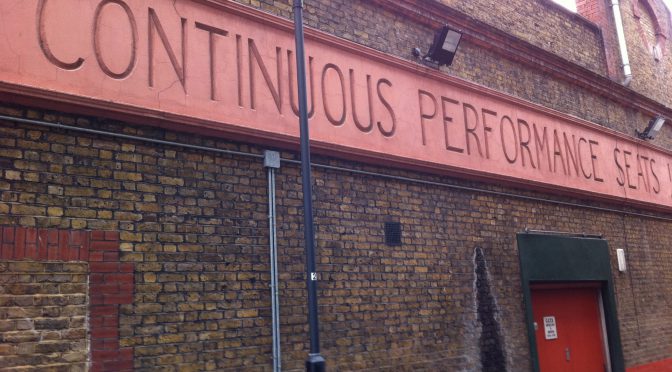
by Professor Alan Read
In the 1980s Alan was director of Rotherhithe Theatre Workshop, a neighbourhood theatre based in the Docklands area of South East London, in the 1990s he worked as a freelance writer in Barcelona and was Director of Talks at the Institute of Contemporary Arts in London, and from 1997-2006 he was Professor of Theatre at Roehampton University where he directed a five year AHRC research funded programme on performance, architecture and location exploring theatre and public ceremonial in rational housing blocks and council estates.
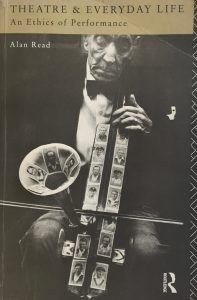
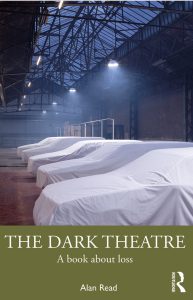
The Dark Theatre was written as a critical response to my first book Theatre & Everyday Life (Routledge, 1993). This book mimicks the ambitions and two-part structure of that earlier work but takes stock of the intervening quarter-century turn towards financialization and precarity in Western Europe, exploring a ‘general economy of performance’ by way of response to these capitalized conditions. The Dark Theatre is not an updating of the source work but instead engages with questions of community, ecology, and what I call ‘cultural cruelty’ as evidenced in practices ranging from theatrical acts to legal processes.
